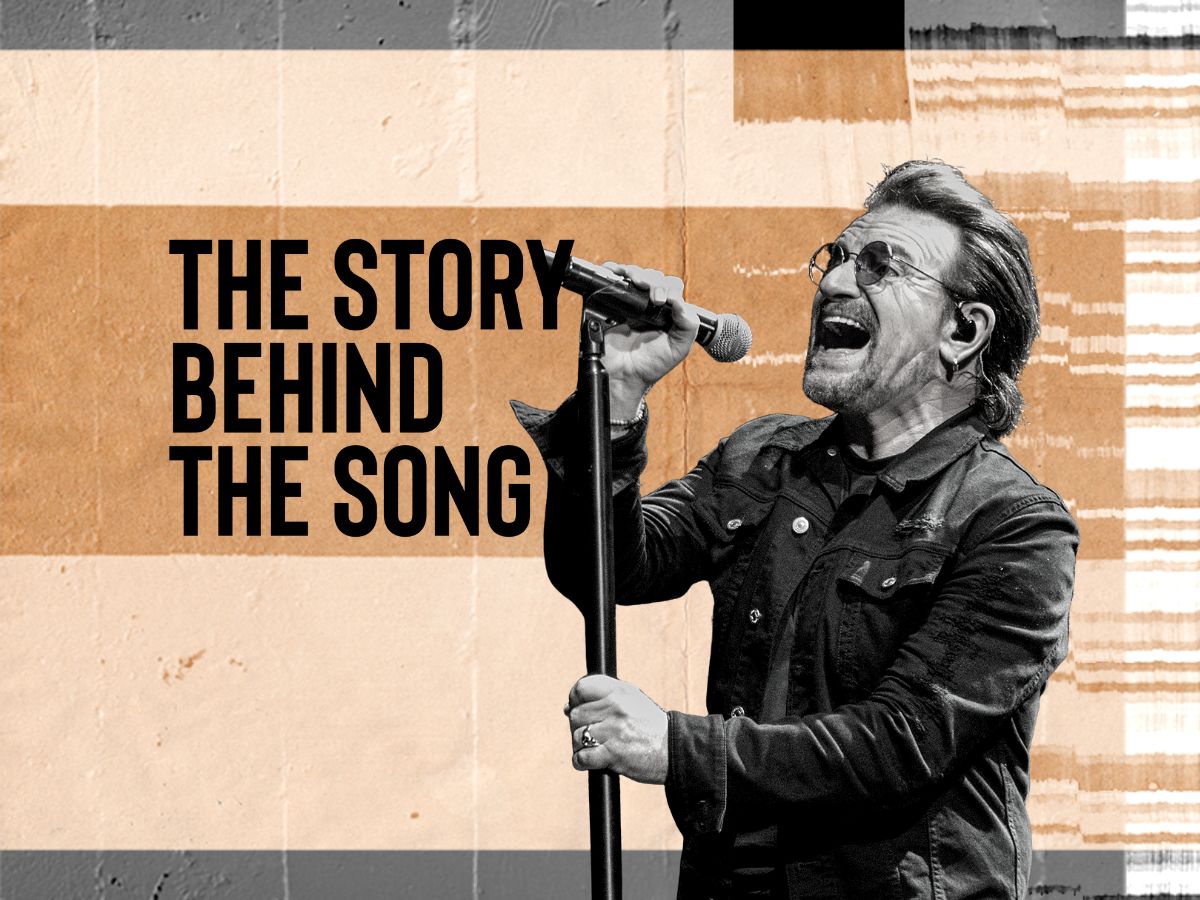
The only goal was openness. After producing three hard-hitting albums inspired by post-punk and classic rock, U2 were at the forefront of a politically conscious revolution in rock music. But the Irish rockers were in danger of becoming preachy with their soapboxing, so the solution was simple: strip it all away until there was barely anything there at all.
It might have been criticised at the time, but after nearly 40 years, U2’s fourth studio album, The Unforgettable Fire, looks downright revolutionary. Their first collaboration with producers Brian Eno and Daniel Lanois, the album that U2 made was ambient, fuzzy, ephemeral, and completely open to interpretation. Sometimes, there was barely any music there at all, taking Eno’s sonic philosophy and applying it to their own sound in radical ways.
Along those lines, songs like ‘Bad’ and ‘The Unforgettable Fire’ found Bono sketching out basic outlines of lyrics and leaving them as they were. He would be disappointed in the results, causing him to be more serious about his writing approach for the band’s next album, The Joshua Tree. One song that he felt was particularly unfinished was ‘Pride (In the Name of Love)’, especially considering the weight and thoughtfulness of the song’s subject.
Martin Luther King, Jr. was a figure that Bono only became intimately familiar with after becoming a popular musician. He knew of the man, one of the most famous and influential civil rights activists in American history. However, it took the reading of the biography Let the Trumpet Sound and a mental connection to Bono’s own experience of The Troubles for him to truly find inspiration.
“So now — cut to 1980. Irish rock group, who’ve been through the fire of a certain kind of revival, a Christian-type revival, go to America,” Bono told Rolling Stone. “[Y]ou get to the Black church, and you see that they have similar ideas. But their religion seems to be involved in social justice; the fight for equality. And a Rolling Stone journalist, Jim Henke, who has believed in you more than anyone up to this point, hands you a book called Let the Trumpet Sound — which is the biography of Dr. King. And it just changes your life.”
Bono had already had a theme in mind when U2 were writing ‘Pride’: it was supposed to be a sardonic take on the pride that Ronald Reagan was instilling in America. Bono was going to take the opportunity to throw barbs at Reagan’s increased military presence around the world and the jingoistic sloganeering that he found distasteful. But once he read King’s biography, Bono changed the song’s lyrics and composed an impressionistic take on King’s pride in a country that frequently treated him like a second-class citizen.
Unfortunately, Bono proved to be slightly out of his depth in that regard. It wasn’t quite the right place at the right time either: with U2 and their producers emphasising a less-direct approach to their sound, a full tribute to MLK wouldn’t have fit the feeling of The Unforgettable Fire. As it was, Bono decided to leave ‘Pride’ as an unfinished sketch, with occasional factual errors and loose ends left unresolved.
“I looked at how glorious that song was and thought: ‘What the fuck is that all about?’” Bono asked in the book U2 on U2. “It’s just a load of vowel sounds ganging up on a great man. It is emotionally very articulate – if you didn’t speak English.”
The unfinished nature of ‘Pride’ might have caused Bono to compose another song about King. This time, he looked to create a more straightforward and earnest eulogy for King, one that resonated poetically with the kind of rhetoric and preaching style that King himself employed. The result was ‘MLK’, the second song from The Unforgettable Fire, focused on King and the album cut with the most direct line to Bono’s appreciation for the civil rights leader.
‘MLK’ makes direct allusions to King’s ‘I Have a Dream’ speech in its minimalist lyrics. However, ‘MLK’ says more about King and his impact on Bono than the somewhat random and confused thoughts that make up ‘Pride’. But while ‘Pride’ had a major hook that made it an MTV hit, ‘MLK’ was an ambient track that acted as a delicate closing hymn to The Unforgettable Fire. With just a droning keyboard note backing him up, Bono eulogises King in ways that help resolve the open-ended jumble of ‘Pride’.
The two songs work well in tandem, but ‘Pride’ began to take on a life of its own. As the band’s first top 40 hit in America, U2 found themselves having to dust off the song at nearly every live performance. Clips of MLK were often projected during shows, helping to flesh out the message and character that Bono left out of the lyrics.
Although he was disappointed with the results, audiences clung to the abstract message that Bono laid out in ‘Pride’. Along with his frequent explanations and the acknowledgements that the band made to King, ‘Pride’ became heavily associated with King and his legacy, so much so that Bono was eventually honoured by the King Center for Nonviolent Social Change, a non-profit founded by King’s widow, Coretta Scott King.
Follow Far Out Magazine across our social channels, on Facebook, Twitter and Instagram.